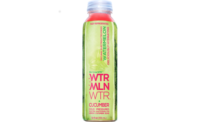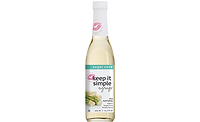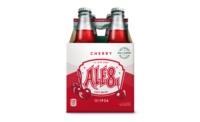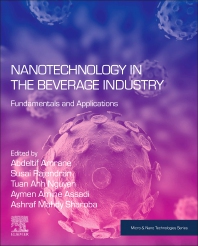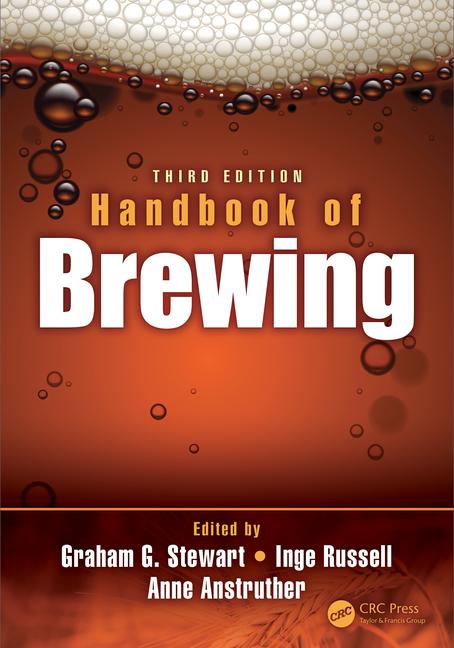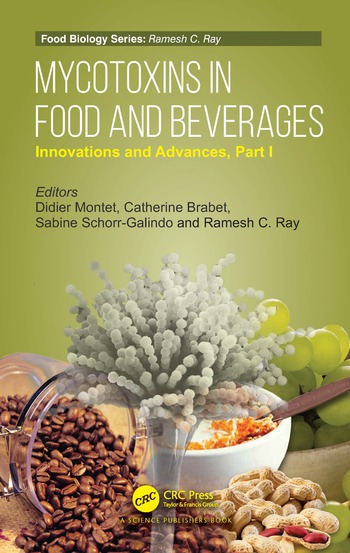Honey resonates as versatile beverage ingredient
Clean-label and better-for-you drinks gain popularity

Honey has been around since as far back as humans could record. Cave paintings, discovered in Spain from 7000 B.C., depicted records of beekeeping and the use of honey for its versatility and “magical” substances. Being used as a sweetener, honey was frequently favored by the pharaohs, who symbolized royalty within Ancient Egypt.
As all-natural and healthy ingredients remain a key trend in U.S. markets, beverage companies are recognizing the functionality and flexibility of using honey as an ingredient. A survey commissioned by the National Honey Board (NHB), Longmont, Colo., found that 96 percent of consumers consider honey to be a natural sweetener.
Firmenich, Princeton, N.J., even identified honey as a distinctive and trending flavor back in 2015. Honey’s popularity has seen consistent growth in recent years as consumers gravitate toward food and beverages that are considered artisanal and crafted, or locally sourced, said Firmenich in a press release. Firmenich Senior Flavorist Patrick Salord, stated: “You can just do so much with honey. There’s no limit in its potential, and people respond to that.”
The honey train
Honey’s use for its sweetness and flavor have helped the natural solution remain popular in new product formulations, experts note. Beverage companies are boarding the honey train and using the ingredient as a natural replacement for sugar. To capitalize on this, marketers and producers are showcasing the benefits that honey can offer in alcohol and non-alcohol products.
According to the NHB, honey contains a variety of minerals, vitamins, amino acids and antioxidants. It contains about 60 calories in each serving, while providing 17 grams of carbohydrates, according to the board.
“Honey’s use and popularity in the beverage industry is growing rapidly as consumer trends go toward clean label, all-natural and better-for-you beverages,” says Catherine Barry, director of marketing for the National Honey Board. “Honey truly is the perfect sweetener to meet consumer demands, and we’re seeing beverage-makers respond by developing new products with honey and reformulating existing products to include honey.”
As honey continues to gain attractiveness among producers and consumers, the NHB recognizes three primary benefits of using honey in beverage formulations: sweetness, flavor and marketing.
“Honey is a unique sweetener in its ability to deliver sweetness and flavor. The acids naturally present in honey, such as gluonic acid, allow beverage manufacturers to use honey as a primary or complimentary flavor in a variety of beverages,” Barry says. Because the beverage category has become so crowded and competitive as consumers have expanded their purchasing behaviors from carbonated soft drinks and sports drinks to countless new categories, companies can capitalize on honey’s outstanding marketability in a product’s name, or through popular iconography such as honeybees, hives, or honey dippers, she adds.
Because of its popularity and success, newer innovations of honey ingredient solutions have found their way into the market. For example, Ohly, Hutchinson, Minn., an ABF ingredient company, has kick-started a new formation with its PRODRY NGMOP Honey Powder.
“Honey powder is original bee honey simply turned into a dry, crystalline form. The powder is easy to handle, has a characteristic yellow color and mild odor,” explains Jan Bebber, Ohly’s global marketing and supply chain director.
The solubility of honey powder allows the incorporation into a variety of drinks and beverages, as it remains stable and homogenously dispersed. It also can be used for dry mixes that need the natural sweetness and taste of honey, Bebber adds. Utilizing non-GMO honey for the powder allows the product to maintain the sweetness, flavor and health benefits, the company says.
The NHB is seeing the greatest use of honey in ready-to-drink (RTD) teas. Beverage formulators are using the ingredient as a flavor or a sweetener, Barry says. In the RTD tea category, the marketing benefits of honey are significant and mirror teas’ better-for-you positioning, Barry says. The board also is seeing honey being used extensively in functional beverages, where it is used to round out the flavor profile of products with non-traditional ingredients, which then provides that familiar and welcoming taste, she adds.
As beverage manufacturers look to appeal to consumers natural and health-and-wellness demands, experts predict that an abundance of honey beverage products will proliferate across all categories.
“Honey is an all-natural sweetener with a positive perception from consumers. Most consumers use honey at home and have it in their pantry. Adding it to a ready-to-drink beverage is a familiar and welcome inclusion based on the trends driving the industry. As more consumers seek out natural, better-for-you products, we anticipate honey’s use to continue growing,” Barry says. BI
Looking for a reprint of this article?
From high-res PDFs to custom plaques, order your copy today!




